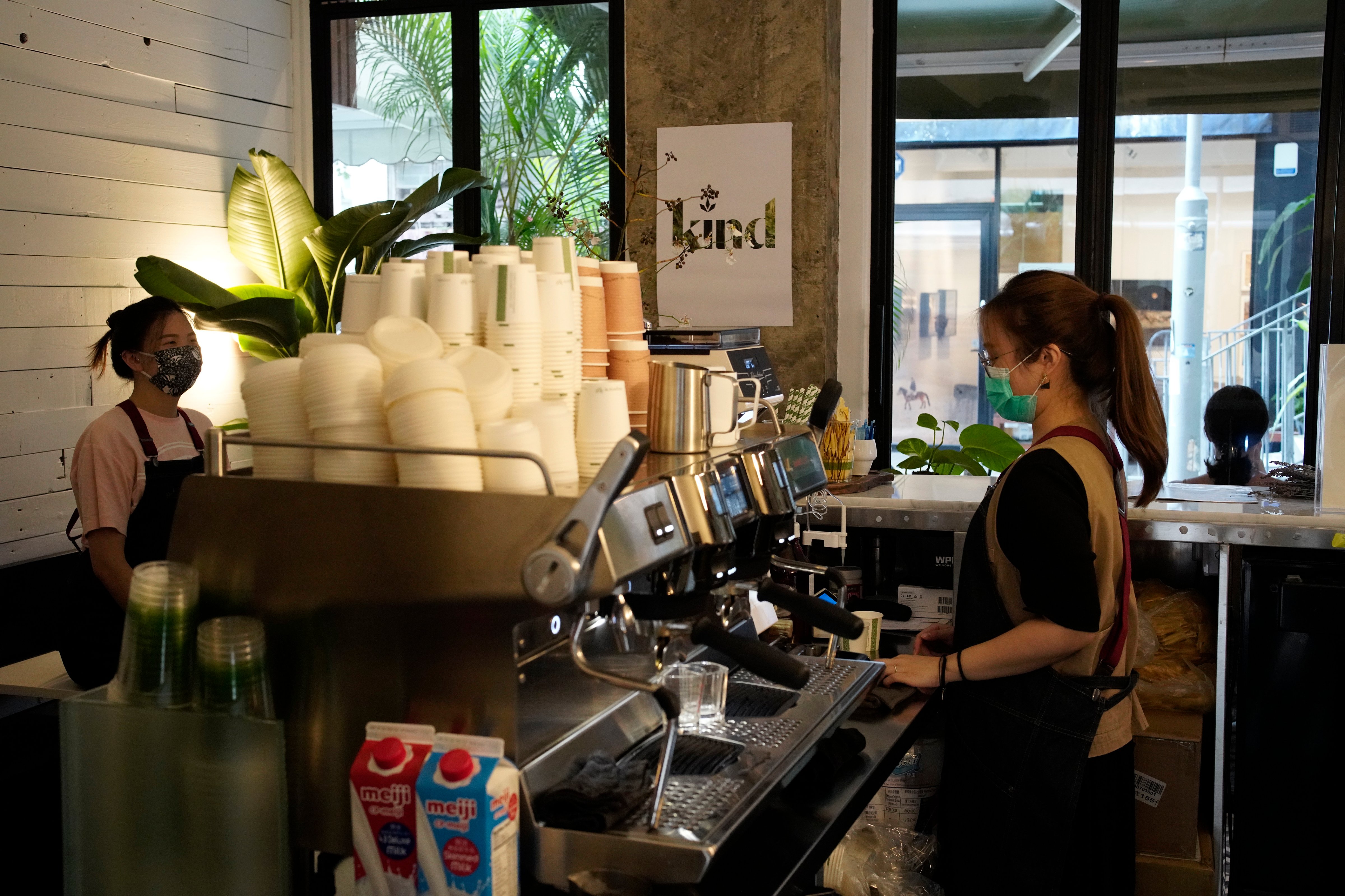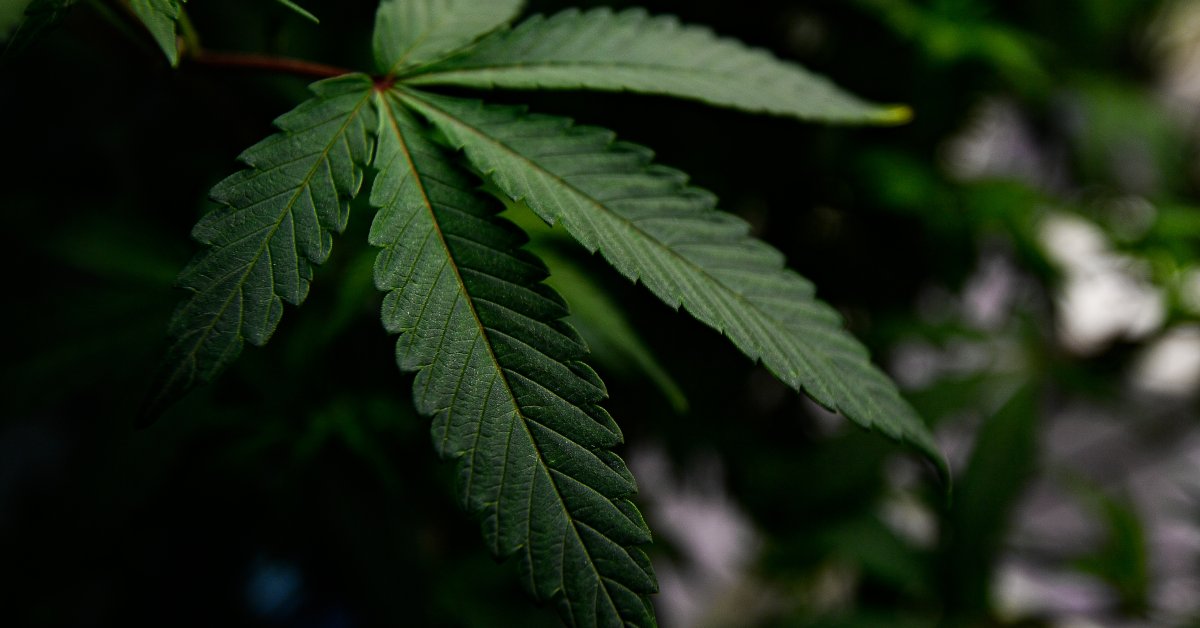Hong Kong on Wednesday produced possession, use, and distribution of cannabidiol, or CBD, unlawful.
When some governments throughout the world have legalized or moved towards decriminalizing cannabis, together with Thailand very last year, hashish itself remains illegal in most nations, with similar offenses usually punishable by prolonged prison sentences.
Nonetheless, solutions made up of the hashish-derived compound CBD have become progressively well-known in recent a long time, touted to have therapeutic advantages. And it is long existed in a authorized grey area for regulators. As of previous February, the world-wide current market for CBD was estimated to achieve $48 billion by 2028.
In Hong Kong, a developing current market had emerged for solutions that contains CBD, ranging from skincare to food and beverage merchandise. Months before the ban, 1 could, for illustration, wander into a specialty cafe and get CBD-infused chocolate chip cookies or get a several drops of the compound in their smoothie or espresso.
But local authorities have argued that the science behind CBD’s supposed therapeutic qualities is not complete and that its use may perhaps basically have hazardous facet consequences. As of Feb. 1, CBD has been categorized as a “risky drug,” along with the likes of heroin, cocaine, and methamphetamine.

Personnel perform at the Identified Cafe—which served CBD-infused espresso, tea, biscuits and other sweets—in Hong Kong on Sept. 13, 2020. The compound is now unlawful in the city.
Vincent Yu—AP
What specifically is CBD and why is it banned?
Cannabidiol (abbreviated CBD) is one of the chemical compounds discovered in the cannabis plant or hemp. In Hong Kong and elsewhere, the cannabis plant alone is regarded as a dangerous drug—more generally referred to as cannabis, weed, or pot. But that is due to the fact another compound from the plant, known as tetrahydrocannabinol (or THC), has psychoactive homes and, the U.S. Facilities for Condition Control argues, may well induce addiction.
An expert panel from the Entire world Health Corporation uncovered in 2017, however, that on its very own, CBD seems to be neither damaging nor inclined to abuse—though it nonetheless does not advocate the compound for health care use.
Some scientific tests have even uncovered that CBD use has therapeutic value, significantly for people today suffering from seizures and medical anxiousness.
But Hong Kong narcotics officials argue that these research have not been authoritatively established. They also cite qualified feeling that pure CBD is tricky to extract from cannabis vegetation, and they say that, of CBD solutions they seized, all-around a third contained THC.
How is CBD regulated in other pieces of Asia?
When Thailand legalized hashish products and solutions, such as CBD, nationwide past 12 months, some commentators speculated that it could be the commencing of a broader drug coverage liberalization for Asia, where strict principles are predominant.
But Hong Kong’s new ban is additional in line with the guidelines of other international locations in the region, with few exceptions.
In Singapore, for instance, which is infamous for its zero-tolerance strategy to drugs, CBD is deemed a hashish item, and even its use by Singaporean citizens or long-lasting residents when abroad is prosecutable.
And in China, reportedly the world’s greatest hemp-cultivating country, CBD was built absolutely illegal in 2022.
That reported, some nations in the area permit CBD use beneath specific situation.
South Korea, for instance, eased limitations on the use of health care cannabis, including some CBD products and solutions, in 2018, but with rigid safeguards like an application approach and the submission of prescriptions and medical records.
Japan, the place violating cannabis-possession laws can lead to imprisonment for up to 10 several years, makes it possible for using CBD that is not derived from elements of the plant other than the stalk and the seed. Also, nearby paper Yomiuri Shimbun documented in October that Japan’s overall health ministry is eyeing amendments to hashish command laws to make way for CBD medication for sufferers with intractable epilepsy.
What does this indicate for the future of CBD regulation in other places?
Discussion is ongoing about how to regulate CBD without having undermining the opportunity advantages.
Fung Sai-fu, an instructor at the department of social and behavioral sciences at City College of Hong Kong, thinks legislation restricting CBD is required, citing opportunity traces of THC from time to time observed in CBD products and solutions. “There is no crystal clear scientific evidence to support CBD with individuals advertised wellness positive aspects,” he provides.
On the other hand, Gloria Lai, an Asia regional director for the Intercontinental Drug Policy Consortium, tells TIME that criminalizing CBD is “problematic,” offered the probable added benefits and the absence of verified pitfalls to its use, like dependence or overdose. “It can likely final result in a ‘moral panic’ amongst other nations around the world, resulting in them taking comparable measures,” Lai explained.
Lai referred to the European Union Court of Justice’s choice in 2020 that says CBD extracted from hashish crops must not be thought of a drug underneath the 1961 U.N. Single Convention on Narcotic Medicines.
In the U.S., regulators are even now grappling with the uncertainty encompassing CBD. Although CBD sourced from hashish plants is federally unlawful, CBD extracted from hemp made up of no additional than .3{fe463f59fb70c5c01486843be1d66c13e664ed3ae921464fa884afebcc0ffe6c} THC on a dry weight foundation is allowed. (States could have varying guidelines on hashish and its derivative products.)
Just previous week, the Fda, after rejecting petitions to permit CBD to be promoted as a nutritional complement, stated that “a new regulatory pathway for CBD is wanted that balances individuals’ drive for accessibility to CBD items with the regulatory oversight wanted to control threats.” The agency additional that it has options to perform with Congress on these rules.
More Will have to-Reads From TIME
